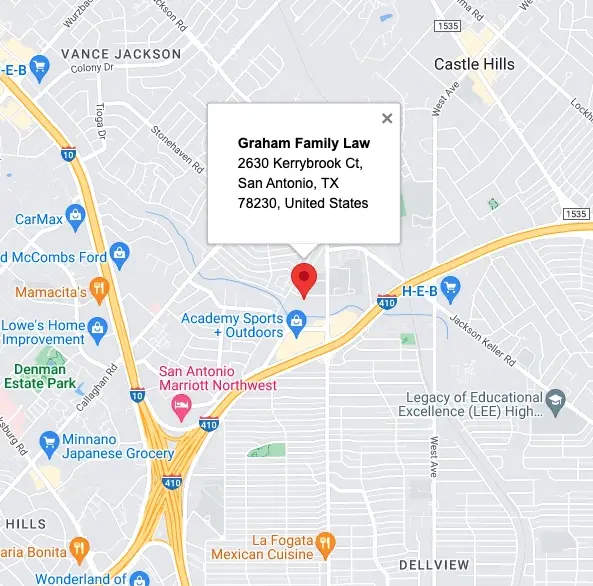During a marriage there are many ways that a couple may decide to handle their finances and maintain control of their assets. In some situations, both spouses equally contribute to the maintenance and payments of the accounts and in others only one of the spouses maintains control. While every couple will have a preference that works for them during the marriage, when it comes to the filing of a divorce, how the finance and assets were handled by the spouses may bring on many unforeseen challenges.
At the beginning of a divorce, your attorney will likely request that you complete an Inventory Appraisement of all the assets for both of the parties. It can become a challenge when one of the spouses is not aware of the entirety of the community estate and this can also have a huge effect on the final division of assets. One of the important things to know is how to find any hidden assets and/or any undisclosed income while going through a divorce.
One of the most effective ways to determine if a spouse has made some unknown purchases is to request a copy of the spouse’s credit report. A credit report will provide a lot of useful information as it maintains a record of all purchases a party has made through the credit process. It will also maintain a record of times that a spouse has allowed an entity to pull their credit, which can show if they are attempting to purchase a new home or vehicle.
Through the discovery process, your attorney can request that the other spouse produce documents relating to financials and income generated, such as credit card statements, tax returns, payroll statements, bank statements, financial statements, retirement account values, etc. With a thorough review of these documents, one can determine if money is being deducted from one account and moved to another, what payments are being made to what accounts, if one maintains a safe deposit box, and you can monitor any incoming and outgoing funds. A Subpoena can also be issued to an entity or financial institution to attempt to order them to produce the requested documents directly to your attorney. Many people going through a divorce are aware that child support is based upon a percentage of a spouse’s income, so they may only be disclosing payroll statements for one of their employers or they may not disclose income that is paid under the table or any other fringe benefits that they are receiving. In this instance, a Subpoena can be issued to the party that has made the payments to the employee for things such as receipts, copies of checks, or evidence of cash transfers.
While discovery is extremely useful in a divorce proceeding, you may have a spouse that refuses to disclose assets or income and they will simply withhold producing the documents that leads you to undisclosed assets or income. After all, they are hiding it, so why just hand it over? In these cases, a private investigator or forensic accountant can assist with the investigation of the undisclosed assets and/or income.
If a business is involved, this may bring on many additional challenges because there can be a lot of confusing documentation that you may not understand. In these cases, it may be best to hire a professional to do an evaluation of the business. A person that is certified to do business evaluations knows exactly what to look for and can provide a summary of the value of the assets of the business. A spouse could be hiding money through the business, so you may want to look for things such as any overpayment of services, overpayments of wages to certain employees and incoming and outgoing payments from customers.
Having been through a divorce or not, we can all acknowledge how a spouse having an affair can take a toll of the financial status of both parties. Often, a lot of community funds can be expended on the affair. Gleeden, a website that is meant exclusively for married men and women who want to engage in extramarital relationships, conducted a study on business trips and infidelity wherein they surveyed over 8,000 people. From that study, 62% of men and 57% of women declared they had an affair while on a business trip. From the total of unfaithful individuals, 53% of men and 27% of women said they had an affair with a co-worker during the said business trips. It is often that expenses relating to affairs such as hotel stays, dinner, vacations, etc. can be placed on a business card, this causing the other spouse to not be able to see these expenditures. A party may be entitled to a waste claim if you can prove that the other spouse wasting community assets in an affair.
In summary, it is best to not agree to a final division of the community estate until you are certain that you have utilized all avenues available to you to determine if your spouse is hiding any assets or income. At the conclusion of your divorce, your Final Decree of Divorce may include provisions for undisclosed property or assets. Sometimes a Final Decree will include language that automatically awards property and assets in a party’s name or possession to that party and this language may bar any suit to later recover undisclosed assets. If you have any doubt that there may be undisclosed assets in your divorce, make sure your attorney incorporates language in your Final Decree of Divorce that allows you to later recover undisclosed assets.


